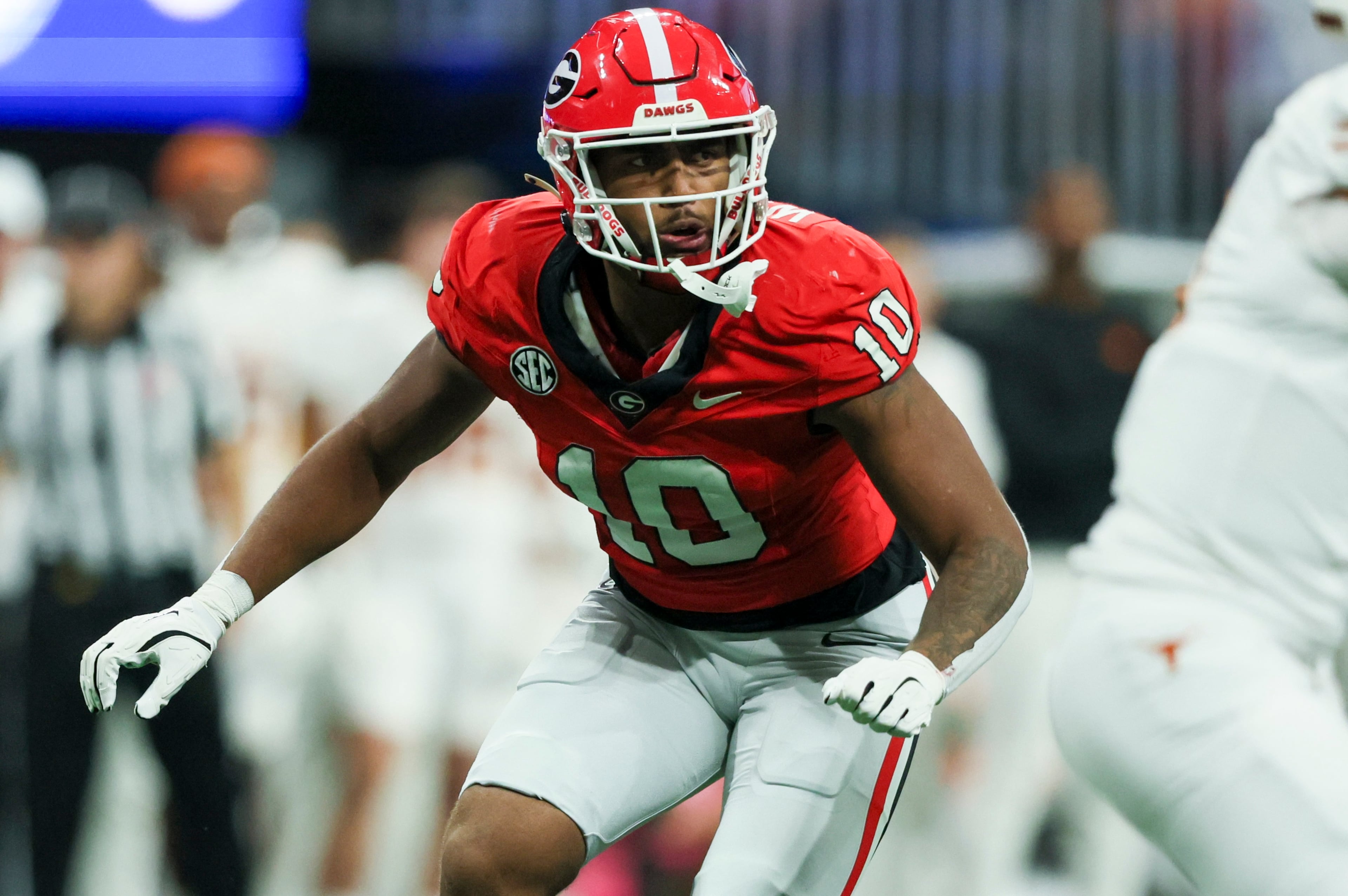College Park rejected plan to transform ballfield into a youth baseball hub

The city of College Park passed on an opportunity to transform Bill Evans Baseball Field into a community youth baseball center and home field for Morehouse College — instead turning it over to the city’s development authority for a mixed-use project.
Earlier this year, The Marquis Grissom Baseball Association and Jay Edwards, the national alumni president at Morehouse College, wanted to make over the field with new turf, dugouts, public seating, and an indoor facility for batting practice.
College Park officials appeared to give the concept minimal consideration after Morehouse contacted the city and, according to the former economic development director, sent a letter of interest.
The makeover would’ve cost an estimated $2 million. The ballpark would’ve been home to the Morehouse Maroon Tigers baseball team, local youth interested in the sport as well as travel players who would use the facility to practice, Marquis Grissom told The Atlanta Journal-Constitution in an interview.
“We thought if we could present ourselves as partners to the city, we could serve the community and do something better than the planned residential development,” said Edwards, who is a Morehouse alum and third base coach for the baseball team. Edwards disputes whether the official letter of interest was sent.

Instead, the Morehouse baseball team’s new home will be at Southside Park in Atlanta where a facility and a different, unrelated program for youth baseball will be built under a partnership of the city of Atlanta, Fulton County and the Atlanta Braves Foundation.
Last February, College Park City Council voted to deed Bill Evans Baseball Field to the Business and Industrial Development Authority for it to be sold to developers. On June 12, development authority members voted to sell the property for $1.5 million to Creed Acquisitions, who plans to build residential and retail space on 6.5 acres of the site located on College Street.
Councilman Roderick Gay told Channel 2 Action News that Creed, which includes the HJ Russell Group, plans to invest $100 million in the property. Residents have spoken out during the council meetings and social media over the last few months objecting to the sale.
“The treatment of Bill Evans Field by officials is really inappropriate,” said resident Ginger Blackstone, 75. “I get so upset with my the council that I don’t even go the meetings anymore. The only one I respect is the mayor. The others have just broken my heart.”
Grissom said he thinks the field would be ideal for Morehouse, where his brother, Antonio, is head coach. A partnership with College Park would’ve been a boon to the local economy and an inspiration to youth, he said.

Grissom was on the Braves 1995 World Series championship team and had 429 stolen bases when his career ended in 2005. His organization has run a baseball youth academy at Bill Evans Baseball Field for 16 years, and at Zupp Park for nearly six years, he said.
“(Thinking of) the relationship I have with Major League Baseball and teams in Puerto Rico and around the world; to be able to have games (at Bill Evans Baseball Field) and tournaments — that would inspire a lot of kids to want to play baseball,” he said. “Not only that, the people that we could bring to the city of College Park would be unbelievable.”
Grissom and Edwards imagined community programs and baseball clinics run by Grissom’s organization becoming a conduit for local youth to enroll in college. The Marquis Grissom Baseball Association includes a free academic tutorial program that focuses on language arts, math, ACT and SAT prep.
He and Edwards spoke during public comment at the Feb. 19 College Park City Council meeting, giving officials an overview of the baseball program that they wanted to bring to the city.
Council voted to deed the site to the development authority later that night after a closed-door executive session.
Former economic development director Michelle Alexander included both Morehouse’s and Creed’s interest in Bill Evans Field in a memo earlier that week to Mayor Bianca Motley Broom and the City Council.
The memo of staff recommendations on redeveloping the site was recently obtained by Mose James, a College Park resident who posted it on the Speak Up College Park Facebook page.
Alexander said in the memo that re-creating the ballpark at a new location would cost more than $4 million.
“An additional reduction of existing green space, the replacement costs of which the city taxpayers would bear may appear inconsistent with recent policy discussion by the council to increase recreational and green space options for city of College Park citizens,” she wrote.
No decisions about the field have been discussed publicly during council meetings beyond the vote. It’s unclear if Alexander’s memo was ever presented during executive sessions.
Councilwoman Jamelle McKenzie told the AJC that she was unaware of Morehouse’s interest in the ballpark until last week’s meeting when residents brought it up. The councilwoman pointed out that she is not allowed to comment on executive session discussions.
“I’ve gotten letters from people saying they don’t like (the ballpark) being sold,” McKenzie added.
Alexander was fired Feb. 19, the day of the City Council meeting at which Grissom and Edwards spoke. No cause for termination was given, she said. She is now senior director of community development for the city of Roswell.
“I was told: ‘This is an at-will city. We don’t have to give you a reason,’” Alexander told the AJC.
Grissom said he hopes his vision can happen at another College Park location.
“We still want to partner with the city of College Park,” Grissom said. “We still need programming. We still need baseball there. So I’m going to be around in whatever capacity they want us to be in. We’re still rooting for College Park.”



